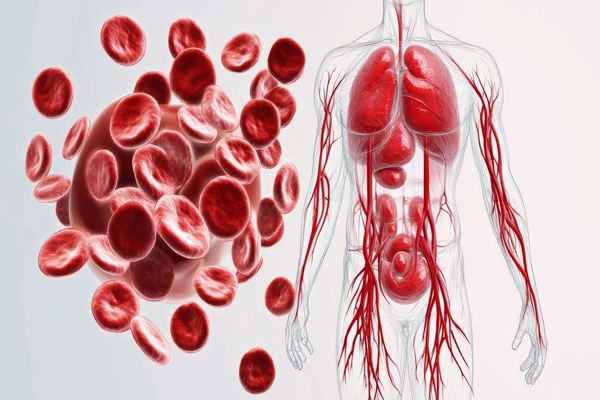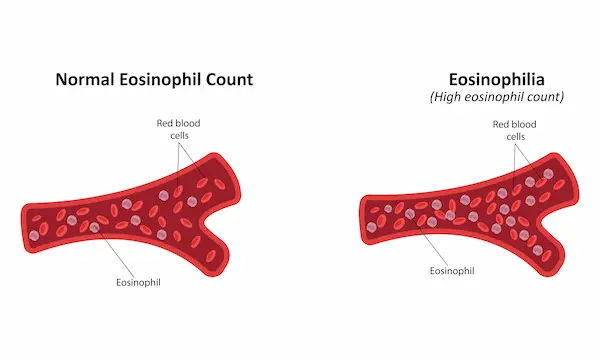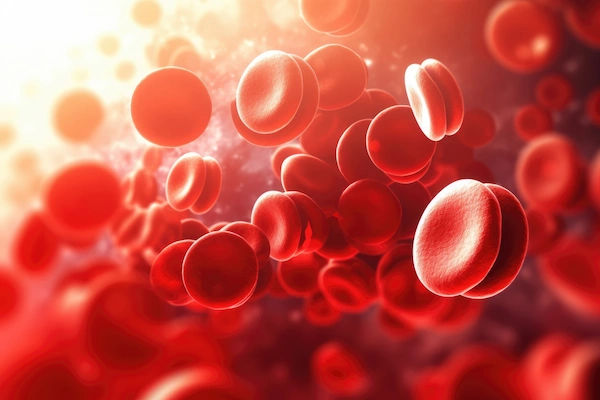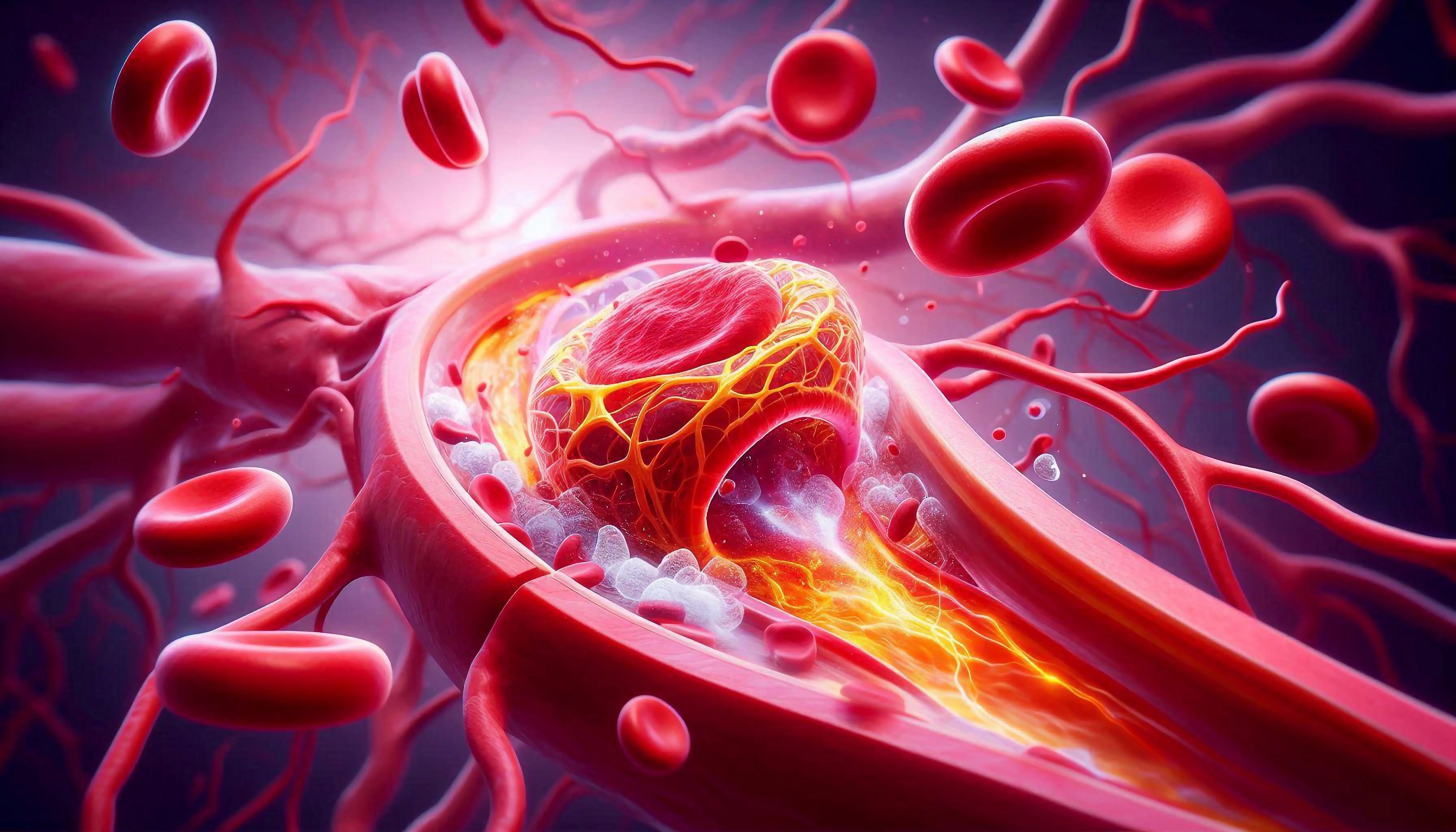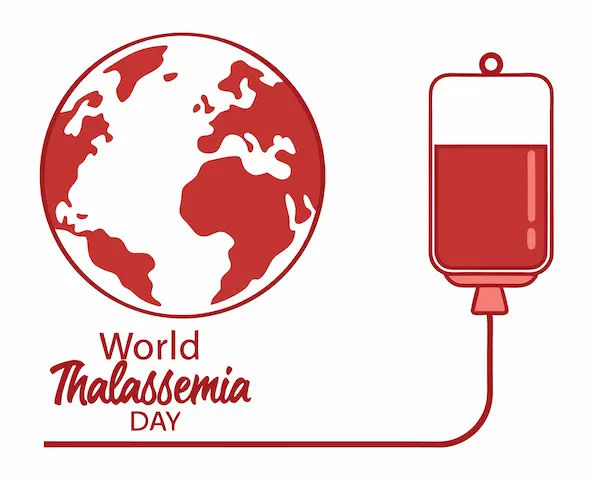- Male
- 23 Years
- 29/01/2025
I'm a little concerned about my haemoglobin levels. They're at 18.5, and they've been above 18 for over a year now. Is this something I should be worried about, or is it within a normal range? Would really appreciate some advice on this.
Answered by 1 Apollo Doctors
A hemoglobin level of 18.5 is higher than the normal range (13.5-17.5 gdL for adult males and 12-16 gdL for adult females), suggesting polycythemia, a condition that may be primary (bone marrow disorder) or secondary (response to chronic hypoxia, testosterone abuse, or other medical conditions); consult a hematologist to rule out underlying causes and discuss potential treatment options, such as phlebotomy or medication.
Dr. Anshul Suggests...
Consult a Haematologist
Answered 04/07/2025
0
0

More Haematology Health Queries
View allI'm worried because my wife's white blood cell count is really high, around 13,400. Could you take a look at the report and let us know what you think? We're unsure what this means and if it's something we should be concerned about.
A white blood cell (WBC) count of 13,400 is higher than the normal range of 4,500-11,000, indicating a possible infection, inflammation, or immune response
Answered by 1 Apollo Doctors
I'm a bit concerned because I just received some lab results, and it says that my neutrophils absolute count and total leukocytes count are high. What could this mean? Is there any specific diagnosis that these results might suggest?
it could be due to underlying bacterial infection consult your doctor for complete checkup
Answered by 1 Apollo Doctors
I'm looking at my blood report and trying to understand what's going on. The TLC is at 16900, and it says Neutrophils are 82, while Lymphocytes are 15. There's also something about PCVHCt Hematocrit at 38.6 and MCHC mean crop Hb conc. Should I be concerned about any of these numbers? What do they imply about my health?
Do CRP and ESR
Answered by 1 Apollo Doctors
Disclaimer: Answers on Apollo 247 are not intended to replace your doctor advice. Always seek help of a professional doctor in case of an medical emergency or ailment.

